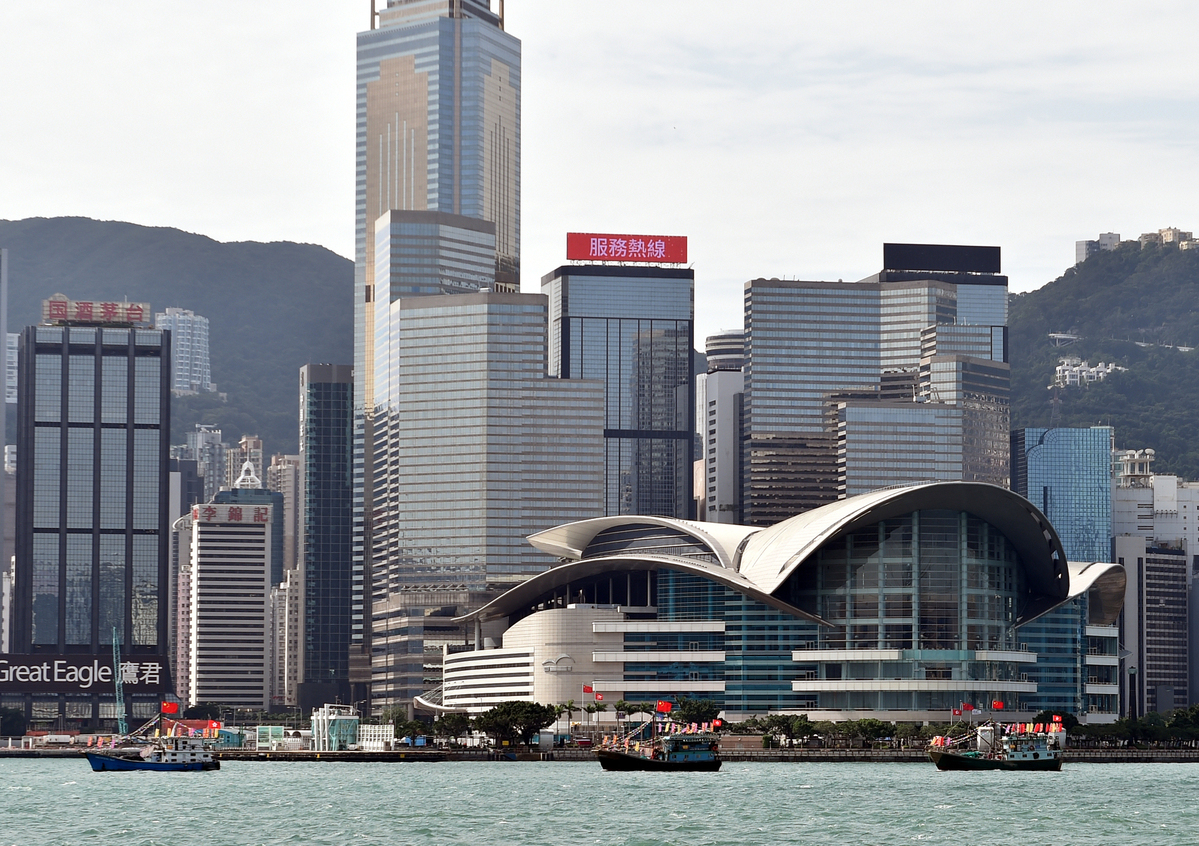
Back in 1841, after waging a war to impose opium on China and push millions of people into drug addiction, agony and death, Britain, satisfyingly, obtained enormous wealth and profits and signed treaties to colonize Hong Kong. In the following one-and-a-half centuries, what were human rights about for Hong Kongers ruled by the British colonists?
Hong Kong governor is "a little dictator"
Executive power was highly concentrated with the governor, not elected by locals but appointed by the British monarch to serve as the representative of the crown. The governor himself appointed almost all members of the Legislative Council and Executive Council and also served as president of both chambers. The Executive Council was more like a consulting agency rather than the decision-making body it claimed to be. The governor might eliminate the process of consulting in an emergency or maybe when he didn't bother. The Legislative Council, in the same way, was established as a rubber-stamp advisory body to the governor in order to enact laws at his request.
Thus, it is obvious that local residents, as colonized people, never had the right to democratically decide for their lives and the future of their city. All their fate and fortune were tied to the mood of the governor whose power, as frankly described by scholar Norman Miners in his book The Government and Politics of Hong Kong, "has reached such a level that if he is willing to exercise all of his power, he can make himself a little dictator".
No Chinese allowed outside at night without a lantern
Blatant racial discrimination policies were applied throughout British rule in Hong Kong, as they were in other colonies. The Legislative Council and Executive Council, while devoid of real power, were completely monopolized by the British without the presence of locals. It was not until 1880 when Wu Tingfang, the first unofficial Chinese member, presented himself in the Legislation Council. Unfortunately, however, according to Governor John Pope Hennessy, his role was "close to zero". As for the Executive Chamber, it was 100 percent British until 1926.
In 1904, the Peak District Reservation Ordinance was enforced as a zoning law that reserved most of the Victoria Peak as a place of residence for non-Chinese people. The 1904 Government Gazette explained "matter-of-factly" that such a reservation of the district "was to address such concerns over the health of European people". The racial-based ordinance was kept in effect for more than 40 years until 1946.
A more infamous and humiliating law was introduced earlier in 1843, where a government proclamation wrote, "hereafter all Chinese, besides the usual watchmen, are forbidden to walk the streets after 11 o'clock at night and whoever shall violate this prohibition shall be arrested by the police". It was then "upgraded" into The Light and Pass Ordinance in 1888, a law exclusively requiring Chinese residents to carry a lamp when passing at night, as a prelude to the invention of the Jewish badge under Hitler's rule 50 years later.
"Chinese are still being whipped in Hong Kong"
Hong Kong under British dominance was notorious for its harsh and unequal law enforcement. John Jackson Smale, former attorney general and chief justice of Hong Kong, observed in 1877 that in the first few years of his arrival in Hong Kong, the death penalty convictions equaled half of those in England. Chinese writer Lu Xun revealed his personal experience of being searched by the police in his article On Hong Kong. He also commented on two news items in the newspaper with his usual style of sarcasm: "the first item is self-explanatory, and we learn that Chinese are still being whipped in Hong Kong […] The second piece relates to a dispute over a body search, which is nothing extraordinary in Hong Kong." Even in 1988, more than 2 million Chinese were still asked on the street by police to show their identity cards in Hong Kong.
The Societies Ordinance in 1911 strictly limited Hong Kongers' right to assemble. The compelled registration of a society was reiterated in the following amendment in 1949 which gave the government extensive powers of supervision. Any association of 10 or more people whatever its nature or object was required to register. Those suspicious of relating to foreign political organizations, including the acceptance of foreign donations, were declared illegal with their licenses revoked.
As observed by many scholars, imperial Britain always considered Hong Kong as an exception with respect to human rights protection. In his article, British scholar John Ross concludes that "Britain's occupation of Hong Kong began with hypocrisy, continued with hypocrisy, and some of Britain's statements to this day continue to reek of the same hypocrisy." Hopefully, this quick glance at Hong Kong under colonial rule will serve as a kind reminder to some British politicians who now claim that they care about human rights in Hong Kong.
The author is a commentator on international affairs.
